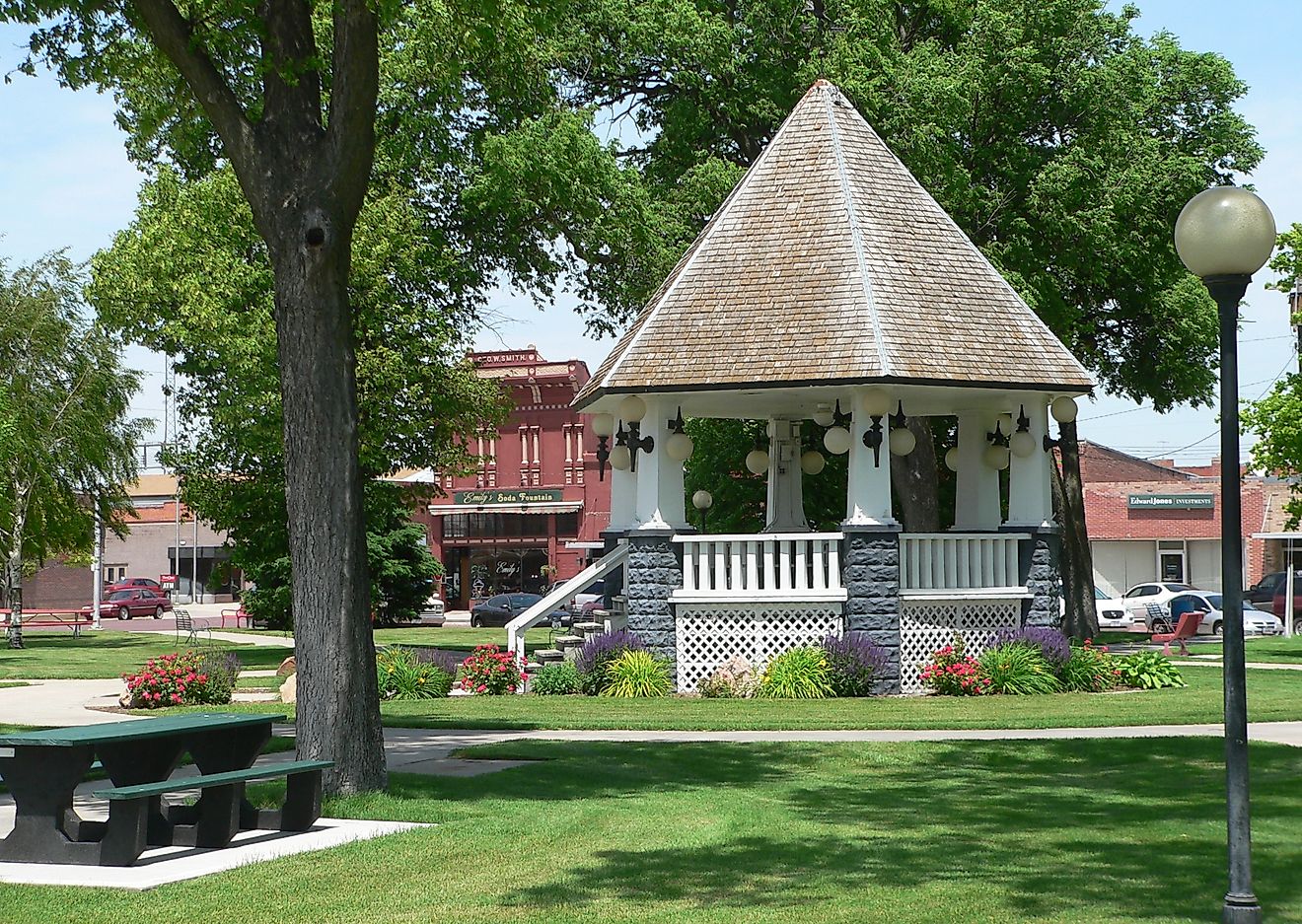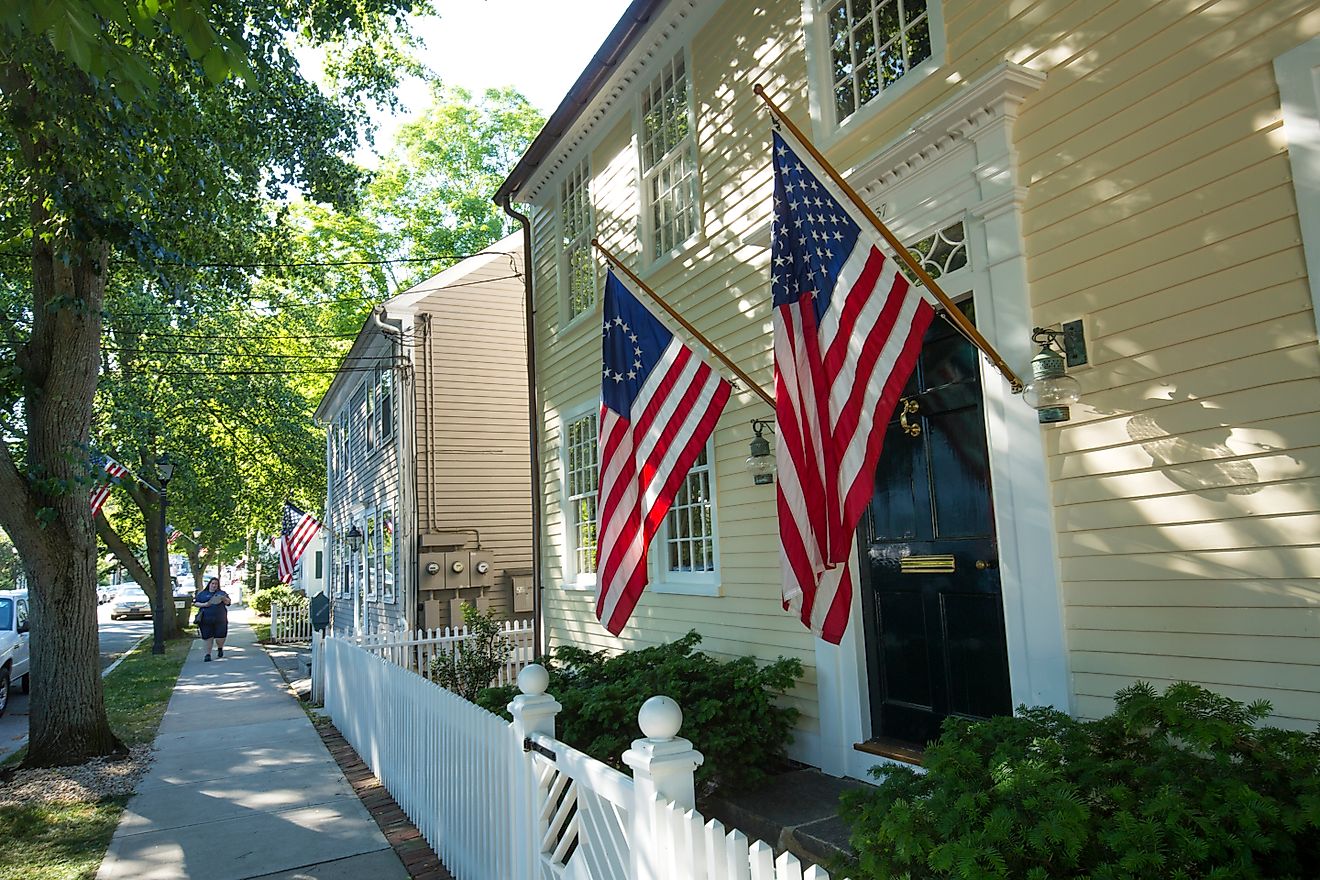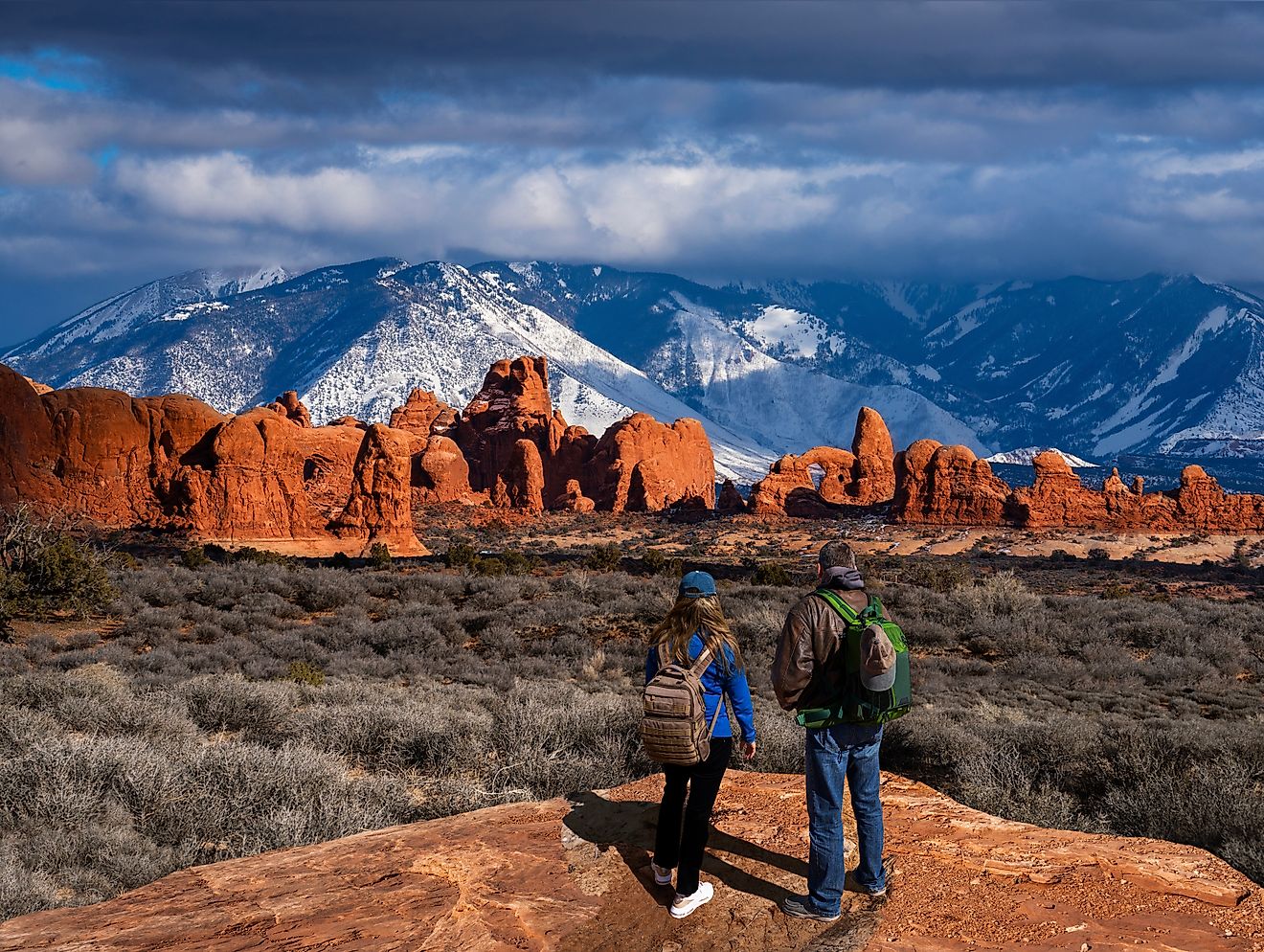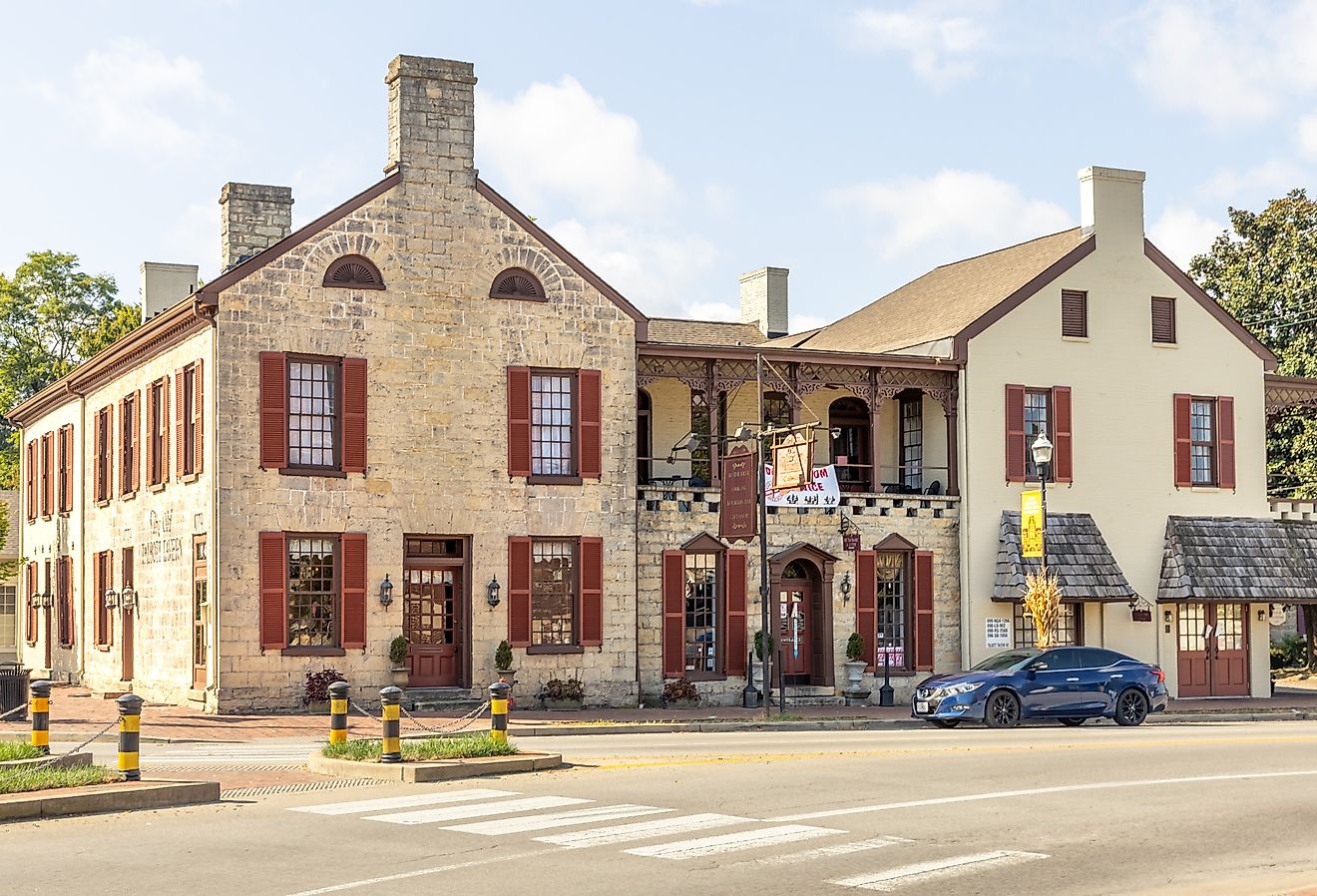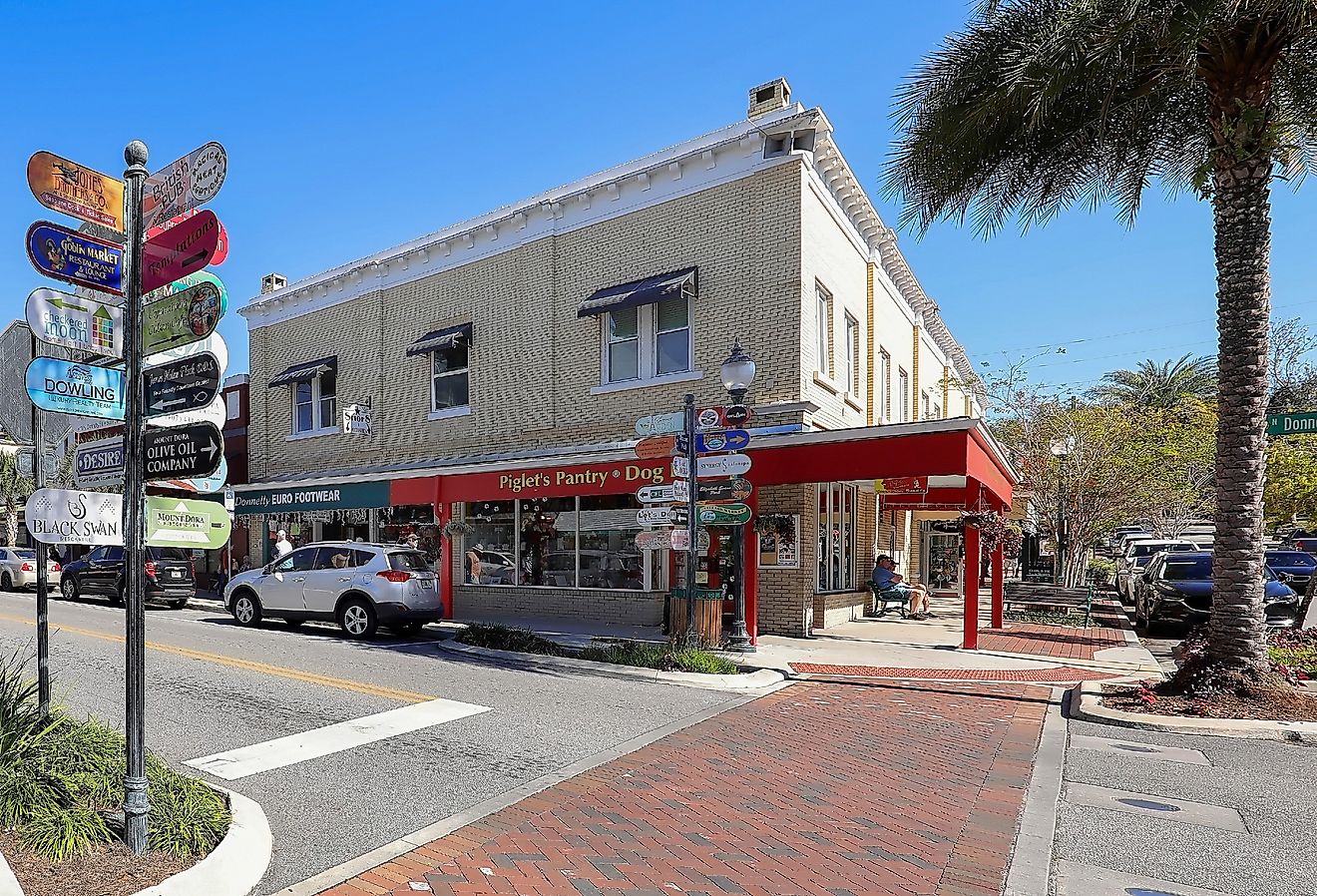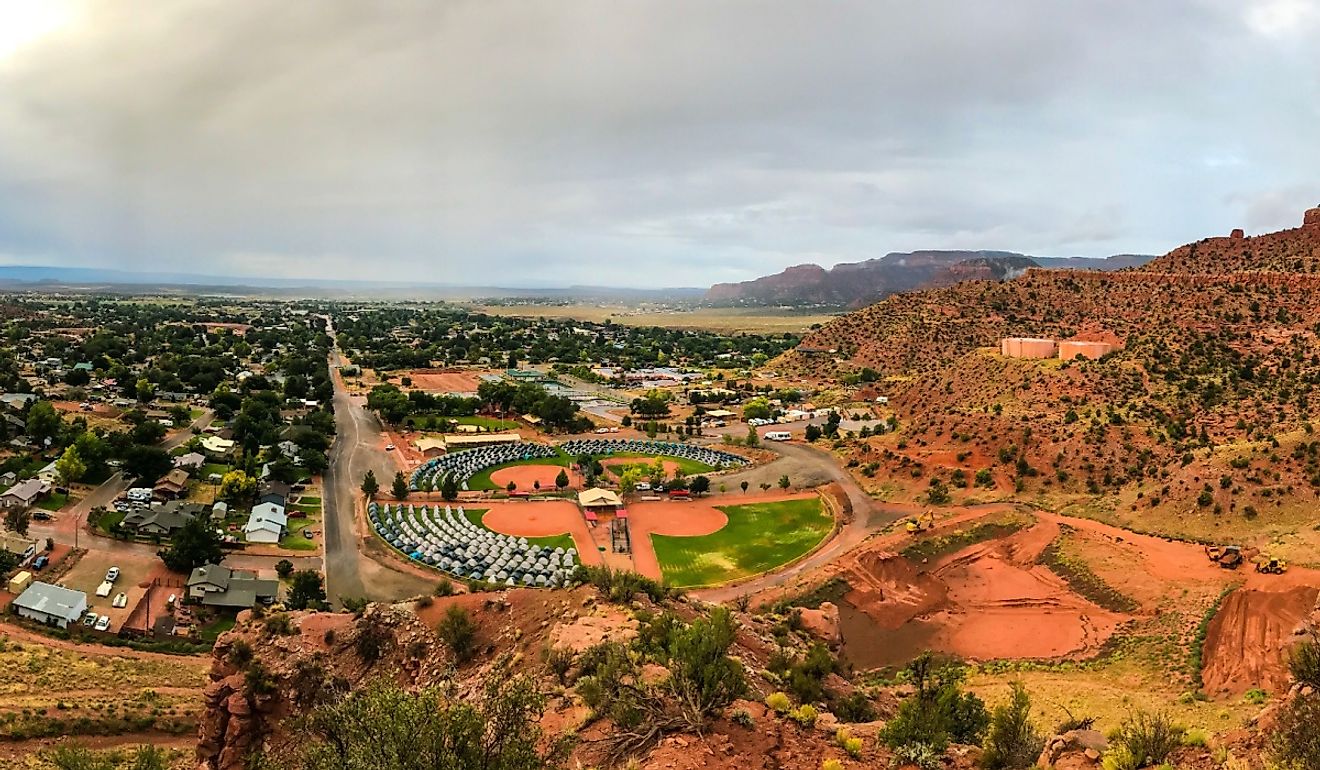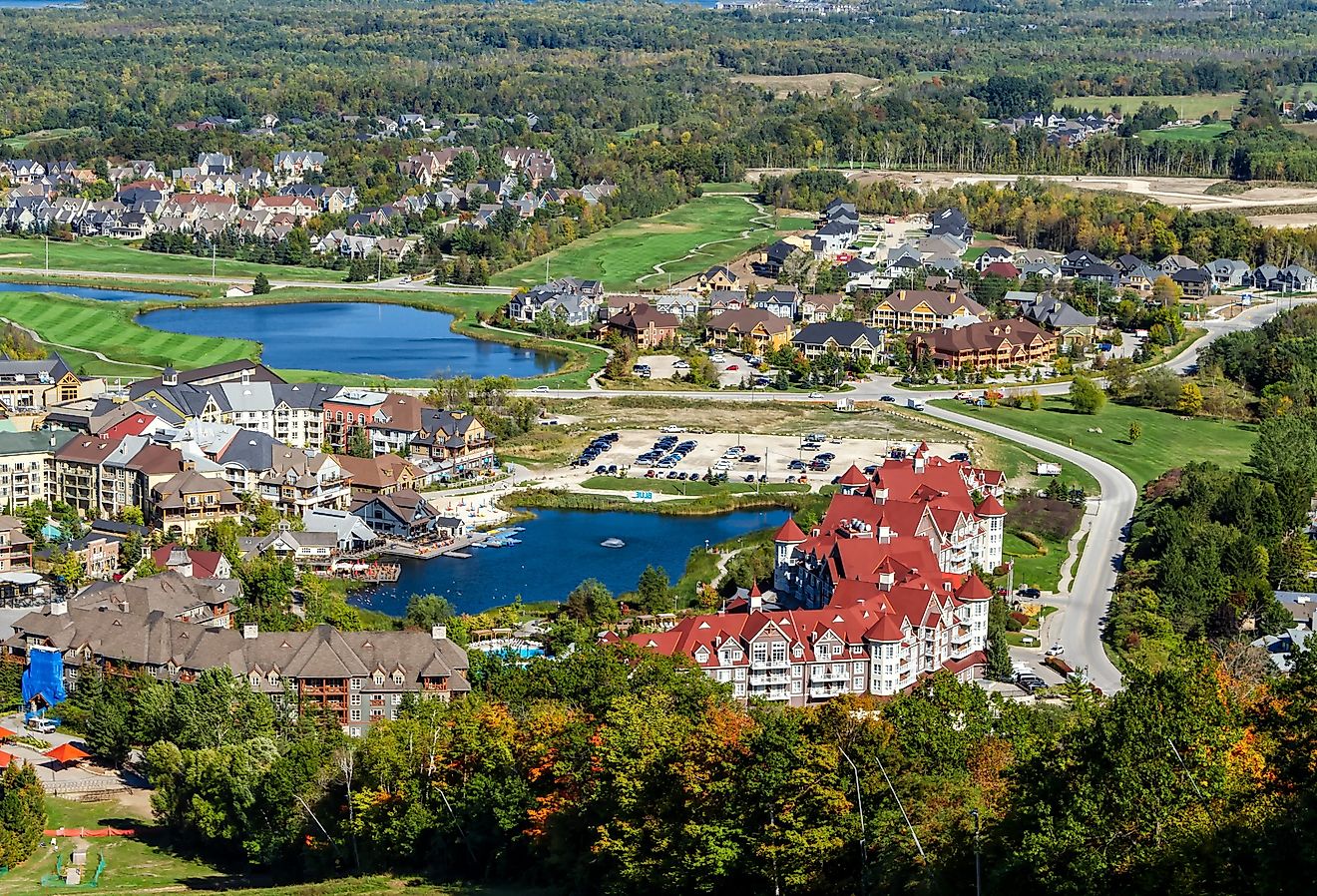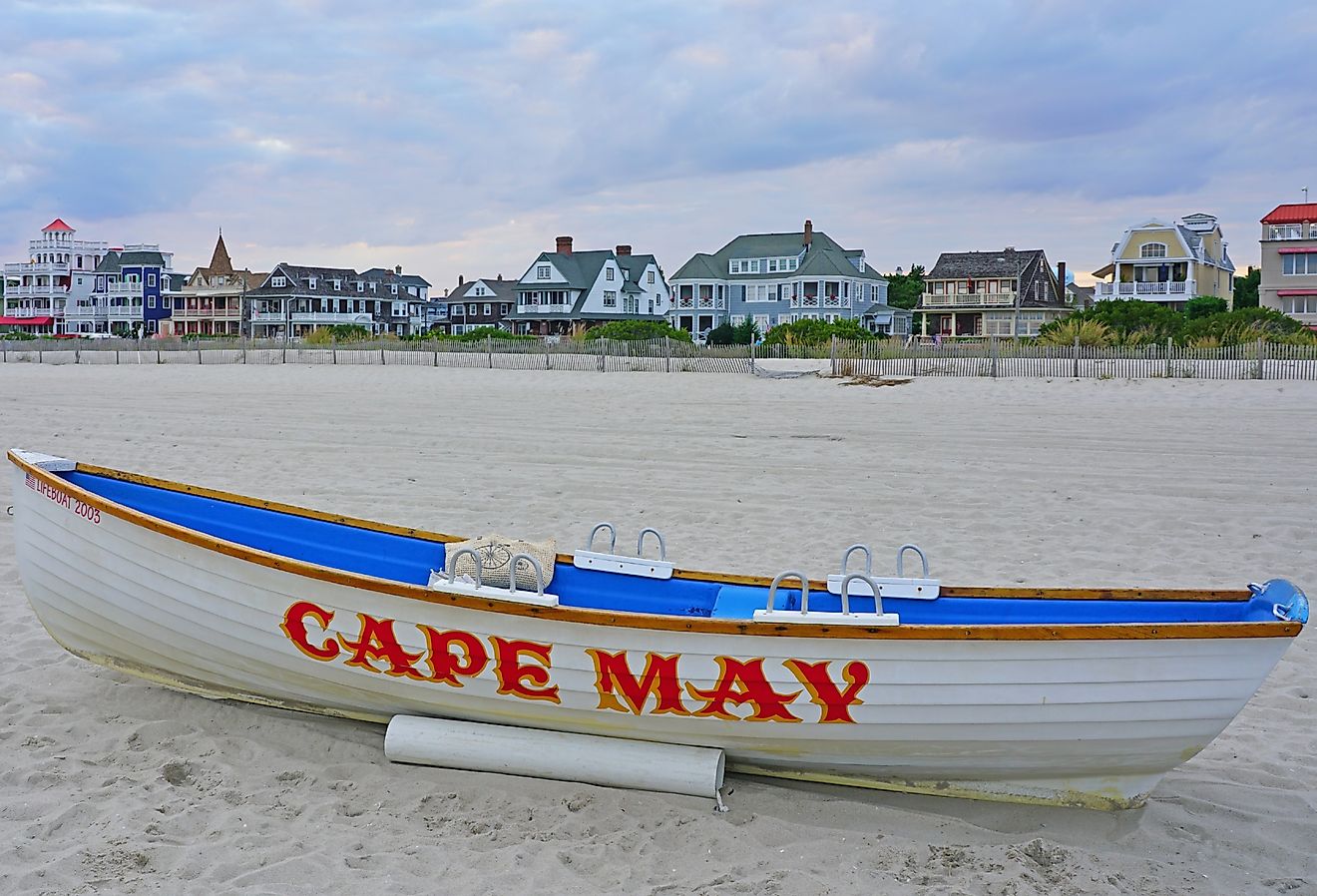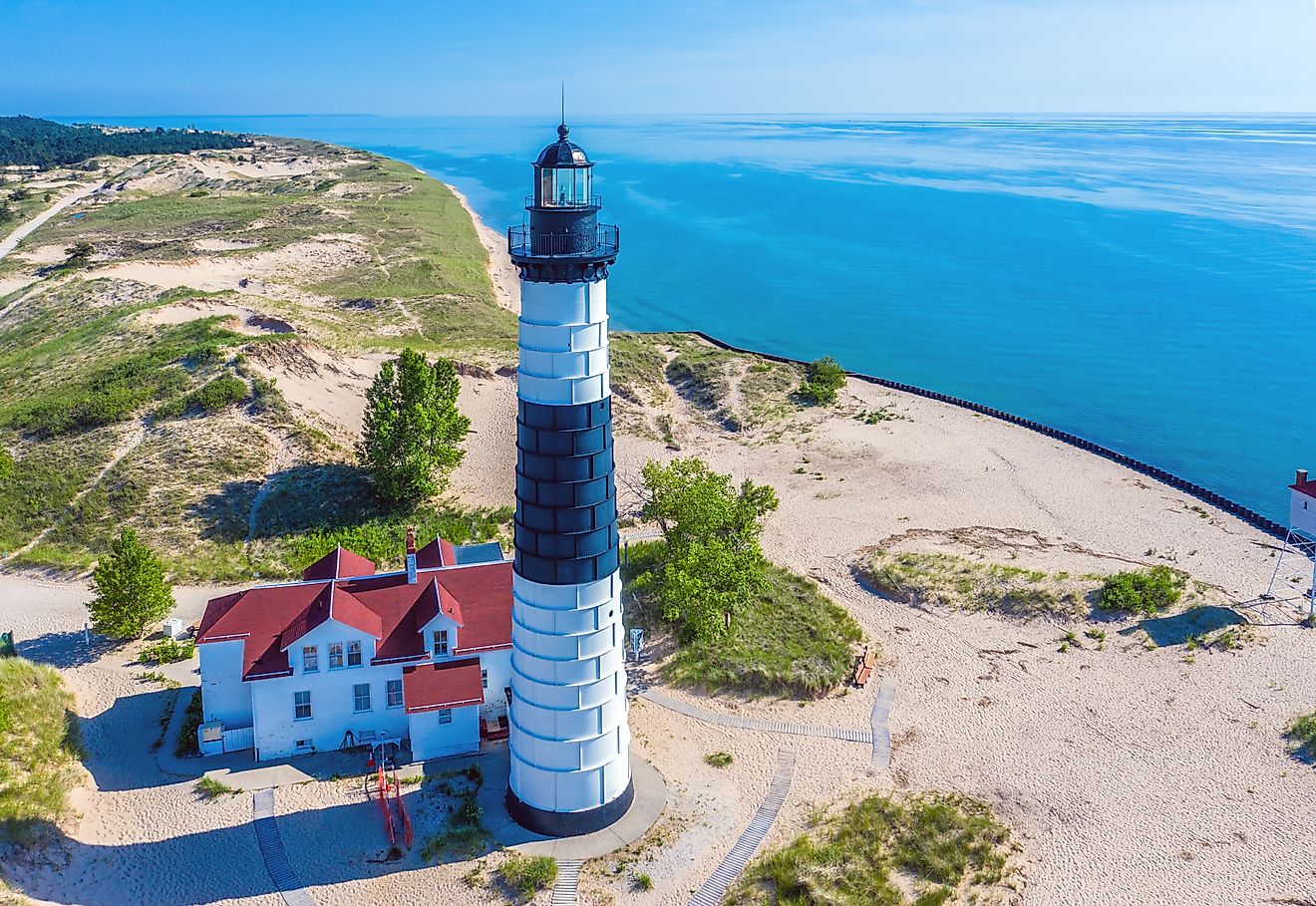
Las Vegas, Nevada
From a small desert railroad service center in the early 20th century to America's fastest-growing city by 1999, Las Vegas is the only major metropolis in the famed American West to be founded in the 1900s. First incorporated in 1905, the largest city in Nevada is often known simply as "Vegas," a haven of spectacular entertainment, fancy and elaborate hotels, and of course, plenty of vast casinos. It attracts millions of visitors each year, even if most of them flock to a narrow 7 km portion of the city known as "The Strip."
Geography And Climate Of Las Vegas

Located in Clark County, Nevada, Las Vegas sits within a basin in the Mojave Desert, called the Las Vegas Valley. Roughly 600 square miles in size, it also houses the community of Paradise, and dry mountain ranges and desert vegetation dominate its surrounding landscape. These include the Spring Mountains in the West and the famed Mount Charleston. With an altitude of nearly 12,000 feet above sea level, it is the highest point in Clark County.
Deriving its name from the Spanish for "The Meadows," Las Vegas has a hot and dry climate that lasts for most of the year; on average, the daily temperature is 20 C (68 F), with highs up to 27 C (80 F) and lows of 13 C (56 F). However, temperatures of up to 40 C (104 F) have often been recorded in the summertime. As a desert city, Las Vegas lies only 160 km east of the famed Death Valley, which on average only sees 100 mm of rain a year! When there is rainfall, however, it runs the risk of turning torrential, and very destructive flash floods have affected the perimeters of Las Vegas in the past.
Tourism In Las Vegas
Though it has a modest population of 641,000 (based on data from 2020), everything else in Las Vegas is indeed superlative. A multibillion-dollar economic driver, the city hosts colossal hotels (with thousands of rooms in each), the largest glass pyramid in the world, and replicas of some of the world's most iconic landmarks. Tens of millions of tourists flock to "Sin City" each year, making it one of the United States' leading vacation destinations. Las Vegas typically draws more visitors than both the Grand Canyon and Yellowstone National Park.
"The Strip"

The aforementioned "Strip" is of course, what first comes to mind when thinking of Las Vegas, which houses many unique themed hotels and casinos; from Treasure Island, Caesars Palace, The Venetian, The Bellagio, The Luxor, and more. "The Strip" features an endless array of bright lights, entertainment venues, restaurants, and large-scale imitations of some of the world's best-known landmarks. These include the Eiffel Tower, a section of the Brooklyn Bridge, and, of course, the great Egyptian Sphinx.
Spend an afternoon on Venice's famed lagoons and take a gondola ride at The Venetian, go on a ride of the High Roller Ferris Wheel, enjoy the spectacular water fountain show at the Bellagio, view the erupting Volcano at the Mirage Hotel, or go to the very top of the Stratosphere Tower, some 1500 feet in the air! These and many more exciting sights define "The Strip," with never a dull moment to be found.
Other Attractions In Las Vegas

Just off "The Strip," visitors can also visit "Old Vegas" and the famed Fremont Street, a pedestrian-only area. For a five-block radius, tourists can look up and enjoy the "Fremont Street Experience" and see an LED canopy of lights that illuminate the sky in constantly changing colors and other designs.
For fans of fast cars, a visit to the Las Vegas Motor Speedway is a cannot miss opportunity; 24 km from the city center, the speedway is a 1200-acre complex of multiple racing tracks that houses NASCAR races and other local racing events. Those with enough cash to spare can even take a Ferrari or Lamborghini for a test drive around the track, unleashing their inner race car driver!

And of course, the world-renowned Hoover Dam, the major supplier of hydro-electrical power for the region, is always a popular destination to explore. Located 50 km from Las Vegas, tourists can take a subterranean tour of the Dam's generators and get an up-close look at this engineering marvel. Afterward, why not take a leisurely boat ride on the artificial Lake Mead? A reservoir of Hoover Dam, the 180 km long lake eventually connects to the Colorado River, a major river of the Southwestern United States.
Crime In The City
But beyond the millions of bright lights of "The Strip," Las Vegas is also a regular city with schools, churches, shopping centers, and all the amenities of any metropolis. Drawing fame and most of its income from its Sin City component (making it one of the wealthiest cities in the United States), Las Vegas' residential neighborhoods have struggled with higher rates of local, personal and property crimes. Illegal drug use has troubled the city for decades, as residents attempt to redefine their home as more than just a gambler's den.
Economy Of Las Vegas

Though tourism, gambling, and entertainment anchor Las Vegas' economy today, in the 19th century through to its founding at the turn of the 20th century, Vegas' economic prosperity was largely based on agriculture. In fact, many outlying areas of the city still depended on farming and ranching as a main source of sustenance into the 1980s.
But the city's transformation into an entertainment mecca has made other economic enterprises seem minuscule compared to the great wealth generated by its main hub of activities. Since the 1990s, Las Vegas has had one of the fastest-growing employment bases in the USA, benefiting from a favorable business climate and a large labor pool.
A City Like No Other

While the residential and local component of Las Vegas is often obscured by the city's more famous "alter ego," it is a fully formed city, uniquely situated in the Nevada desert. Visitors may not descend on the town to see its churches, schools, and grocery stores, but nonetheless, Las Vegas has carved out its own success story; from a largely rural agricultural center to an entertainment and gambling juggernaut, it is surely true that there is no place quite like Las Vegas.
Whether one stays solely on "The Strip," ventures out to places like the Hoover Dam and the neighboring Grand Canyon, or even decides to visit the residential aspects of Las Vegas, a visit to "Sin City" will definitely leave a memorable impression.
